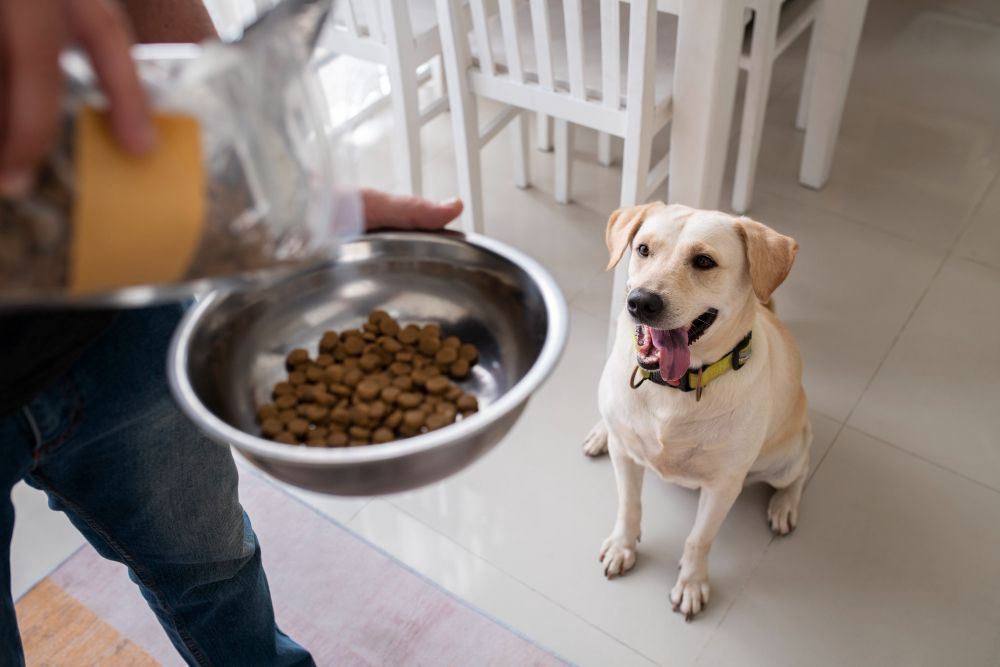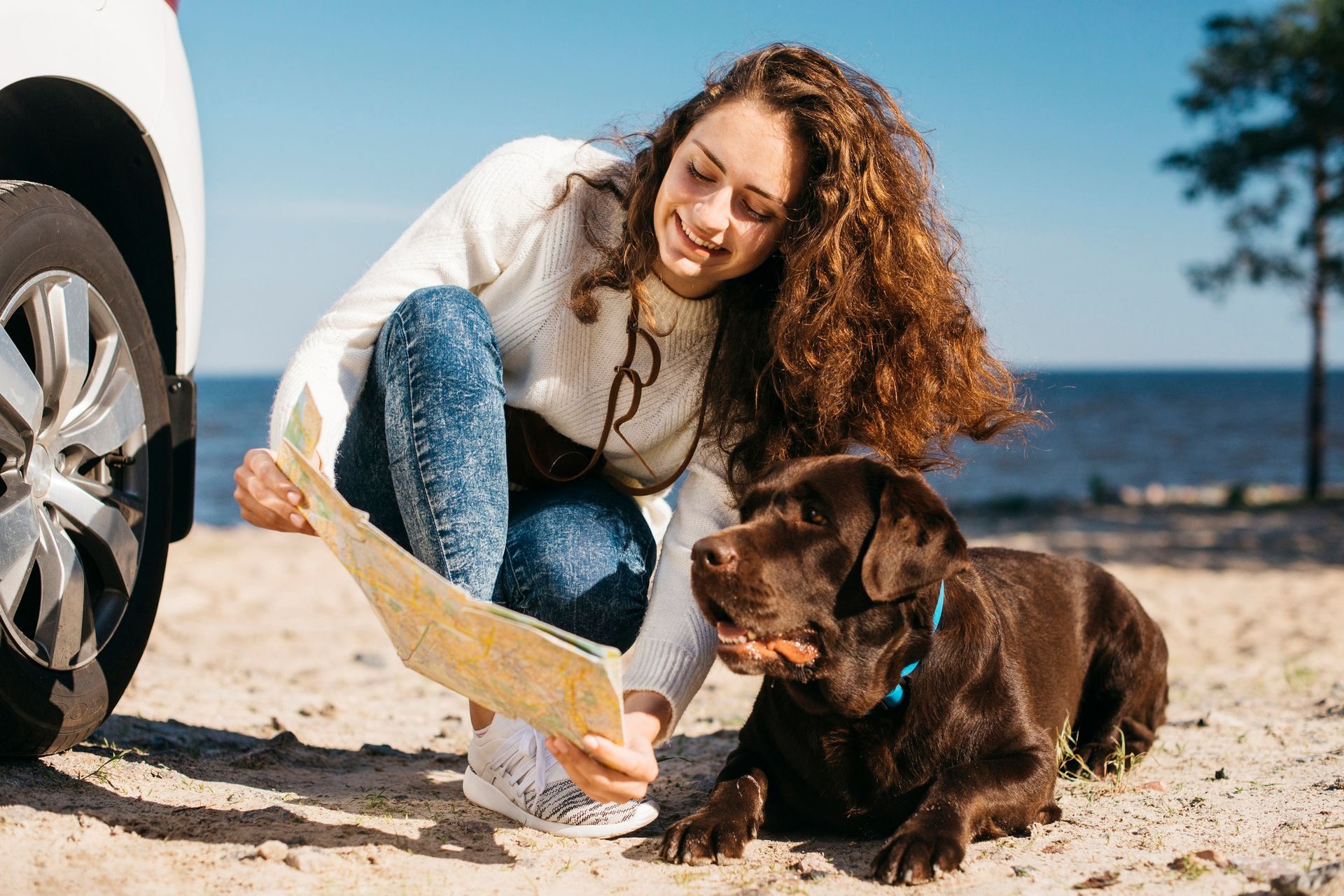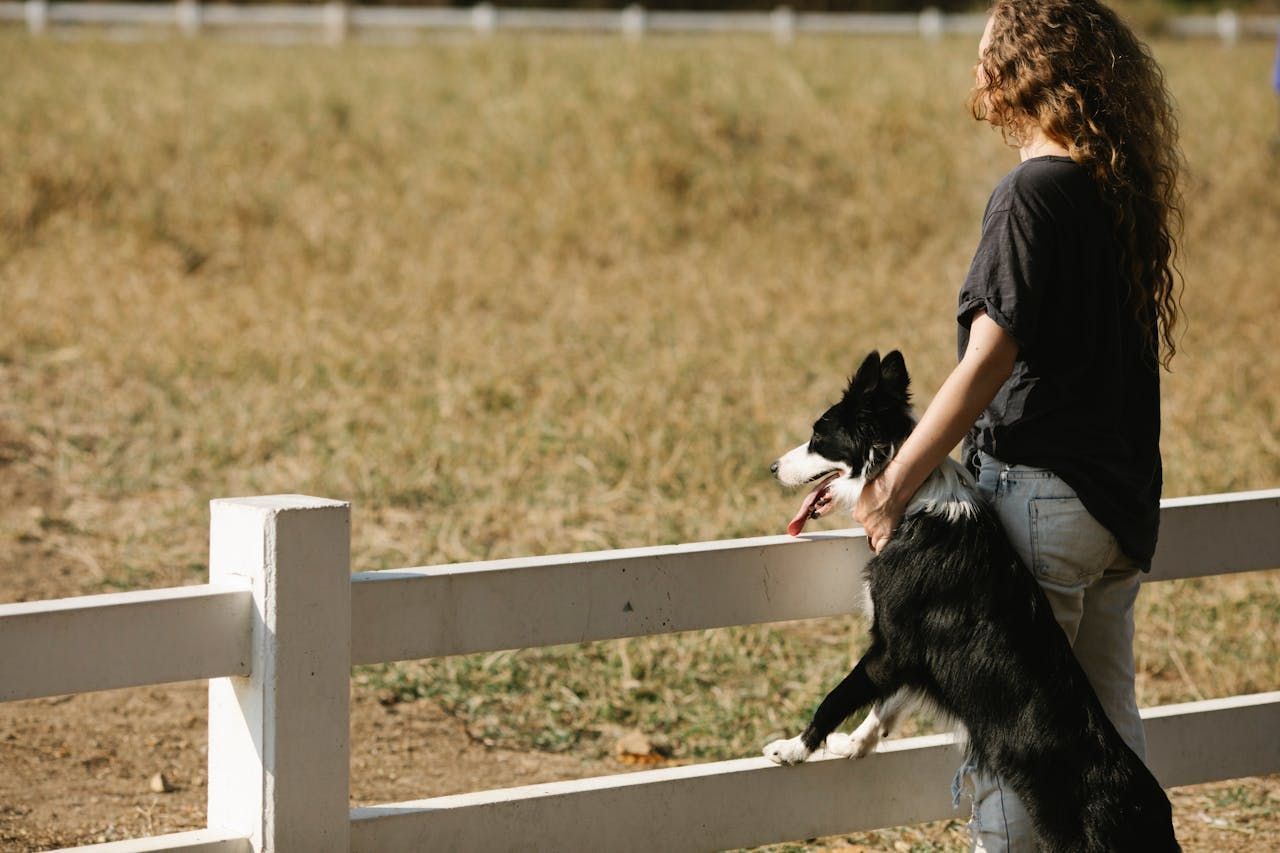Health And Safety Advice For Pet Owners
We all love our pets and want to give them the best life possible. But we should also be aware of the risks they face. From fleas and ticks to overheating, there are many health issues that can harm our furry friends. Understanding some of these hazards and what to do if they happen can help you
ensure your pet stays safe and healthy for years to come.

Flea And Tick Prevention
Fleas and ticks are ectoparasites (pests that live on the outside of their host) that can cause severe allergic reactions, itching, dermatitis, gastrointestinal upset, and even serious infections. Fortunately, there are many flea and tick preventives on the market that can help you keep your dog pest-free. The products range from pills and chews given by mouth to collars, sprays, dips, shampoos, powders, and “spot-on” liquid products squeezed onto your dog’s skin. Some of these treatments are only effective against one species, typically fleas, while others are multi-species preventatives that battle multiple pests at different life stages to stop infestations before they start. Some of these medications are regulated by the EPA, while others are regulated by the Food and Drug Administration (FDA). To make sure you’re using a safe product, check the label for both agency approval statements and numbers. You should also consult your veterinarian before starting any medication. Some medications may cause side effects, such as itchiness, rashes, vomiting or diarrhea, so you should monitor your pet for any negative reaction or adverse events after use.
Heat Stroke Prevention
Despite all the precautions we take, it is still possible for our pets to suffer heat stroke in the summer months. It is important to know the early warning signs of heat stroke and when it is time to seek veterinary attention for your pet. The main risk factor for heat stroke is exposure to extreme temperatures. During hot weather, it is best to keep your dog indoors if possible, and never leave them unattended in a car. It is also a good idea to check your dog’s water intake, and make sure they are drinking one ounce of water for every pound of body weight. Older pets and those with respiratory or heart disease are more susceptible to heat stroke. Similarly, dogs with short muzzles and dogs with flat faces are less effective at panting and will have more difficulty breathing in heat. If your pet starts showing any of the symptoms listed above, immediately move them into a cool area and give them water. If they do not improve, you should take them to the nearest emergency veterinary hospital.
Car Ride Safety
There are several ways to ensure your pet’s safety while in the car. Restraints, pet hammocks and even a pet booster seat are all popular options for traveling with your four-legged friend. Restraints attach to a car’s seat belt and are designed to evenly distribute force in the case of an accident, according to the Center for Pet Safety. They’re also safer than crate-style carriers, which can bounce around and injure your dog. Hammocks are a great option for dogs who like to sit in the backseat without trying to climb into the driver’s lap. They’re available in a variety of sizes, including small, medium and large. Alternatively, a pet barrier can create a screen between the front seats and back of a vehicle, decreasing distraction for the driver. However, a barrier isn’t as reliable in a crash as a harness or crate.
First Aid
Every day pets at home eat toxic foods, injure themselves on something sharp, run across a road to be hit by a car or suffer other emergencies that need prompt and appropriate first aid. To help you deal with these situations, we have put together some simple advice to help you keep your pet safe and healthy until veterinary assistance arrives.
- If bleeding from the wound is not stopping, apply direct pressure to stop it, as quickly as possible.
- If the bleeding is coming from a limb, elevate it above the level of the heart until you can get it to a vet.
- If the bleeding is serious, get to a vet as soon as possible.
Courses are available online and in person to teach the essential skills required to assess an emergency situation, administer the appropriate care or stabilize an injured animal until qualified veterinary care can be obtained. Besides being beneficial to pet owners, knowing animal first aid is also an invaluable differentiator for pet-walkers, groomers,
dog daycare specialists and other industry professionals to demonstrate to potential clients their knowledge and ability to care for dogs in crisis situations.
Recent Posts









